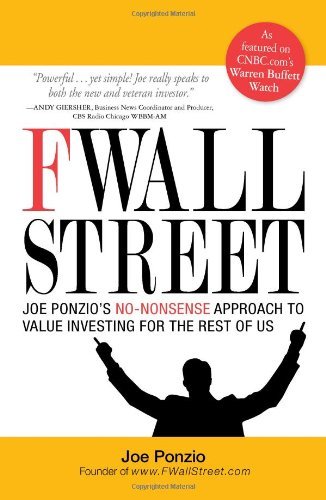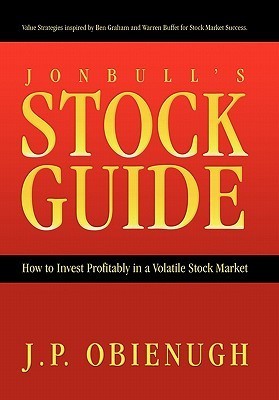
The Bogleheads' Guide to Investing
Book Description
Unlock the secrets of financial freedom! *The Bogleheads' Guide to Investing* transforms everyday investors into shrewd money managers armed with the wisdom of the legendary John Bogle. With a no-nonsense approach, it dives into low-cost index funds, practical asset allocation, and the pitfalls of market timing. Discover the power of passive investing and learn how to build a resilient portfolio that can weather any storm. Each page brims with actionable insights, empowering readers to take control of their financial destiny. Are you ready to reclaim your future and navigate the world of investing with confidence?
Quick Book Summary
The Bogleheads' Guide to Investing provides everyday investors with a practical road map for achieving financial independence. Drawing on the teachings of John Bogle, founder of Vanguard, the guide breaks down complex concepts into straightforward, actionable advice. It emphasizes the value of low-cost, diversified index funds, urging readers to avoid the high fees and risks associated with active management and market timing. The book also covers essential topics like asset allocation, tax efficiency, and the behavioral pitfalls that trip up many investors. By focusing on disciplined, long-term strategies and simple investment choices, this book empowers readers to take charge of their financial futures and build robust, resilient portfolios without unnecessary complexity or cost.
Summary of Key Ideas
Table of Contents
The Value of Low-Cost, Passive Investing
The book opens by championing low-cost, passive investing as the most reliable path to wealth accumulation for ordinary investors. The authors explain that actively managed funds often underperform the market after expenses, while index funds—especially those with low expense ratios—capture market returns efficiently. By minimizing costs and avoiding costly mistakes, investors can put the odds in their favor over time.
Importance of Diversification and Asset Allocation
Building on the foundation of passive investing, the Bogleheads stress the critical role of diversification and asset allocation. Spreading investments across various asset classes, such as stocks, bonds, and international funds, reduces risk and volatility. The authors provide practical frameworks for determining the best allocation for one's age, risk tolerance, and goals, reminding readers that asset allocation is the single most important investment decision.
Avoiding Common Investing Pitfalls
The book warns against the behavioral traps and emotional decision-making that ensnare many investors. Chasing hot stocks, engaging in market timing, and reacting to sensational news headlines often lead to poor results. The Bogleheads advocate for maintaining discipline, ignoring market noise, and sticking with a long-term plan through market ups and downs. Simple, repeatable behaviors are more effective than chasing the latest trends.
Managing Taxes and Fees Effectively
A major theme is the impact of taxes and fees on investment returns. The authors explain how excessive fees and frequent trading can erode gains, while smart tax management—using tax-advantaged accounts like IRAs and 401(k)s—helps preserve more wealth. Strategies such as tax-loss harvesting and asset location (placing assets in the right accounts) are described in plain language, equipping investors to optimize after-tax returns.
Developing and Sticking to a Long-Term Plan
Finally, the book encourages readers to take control of their financial futures by developing a personalized investment plan. This includes setting clear goals, calculating how much to save, sticking to an appropriate asset allocation, and automating contributions. The authors reinforce that financial success depends on consistency and discipline rather than complexity. By following these straightforward principles, anyone can achieve lasting financial independence.
Download This Summary
Get a free PDF of this summary instantly — no email required.





